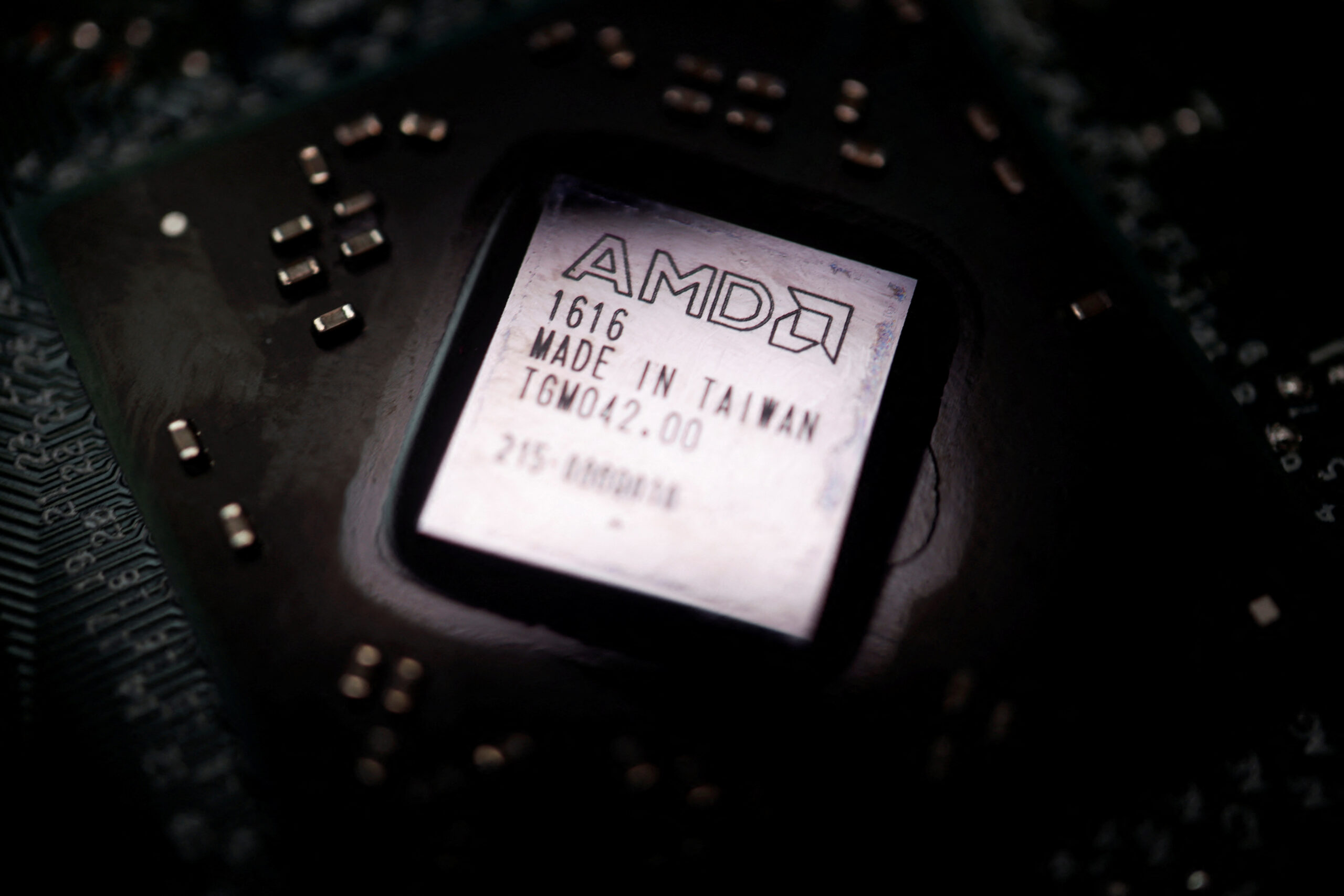U.S. semiconductor stocks fell on Tuesday after chip equipment maker ASML (NASDAQ: ASML) cut its annual sales forecast over weak non-AI chip demand while a report said the Biden administration was considering capping sales of advanced artificial intelligence processors to some countries.
AI chip giant Nvidia (NASDAQ: NVDA), which had briefly surpassed Apple (NASDAQ: AAPL) as the world’s most valuable company the previous day, dropped 4.5%, wiping out about $158 billion from its market cap, widening the gap with Apple’s value of $3.56 trillion.
Other chip firms, including Advanced Micro Devices (NASDAQ: AMD), Intel (NASDAQ: INTC), Arm (NASDAQ: ARM), Broadcom (NASDAQ: AVGO), and Micron (NASDAQ: MU), fell between 3.2% and 5% at Tuesday’s close, which dragged the Philadelphia SE Semiconductor Index down nearly 5% and weighed on the Nasdaq index.
U.S.-listed shares of ASML closed 16% down after the Dutch company published results ahead of schedule in an apparent error, reporting weak bookings, lowering forecast, and indicating slower chip demand recovery outside the AI sector.
Despite the surge in demand for AI-related chips, the company reported that other segments of the semiconductor market remain weaker than expected, with logic chip makers delaying orders and memory chip makers only planning “limited” new capacity additions.
“ASML’s fat finger error isn’t cause for concern in itself, but the content of the release didn’t make comforting reading for investors,” said Derren Nathan, head of equity research, Hargreaves Lansdown.
Separately, Bloomberg News reported on Monday that U.S. officials have been considering implementing a cap on export licenses for AI chips to specific countries – mostly in the Persian Gulf region, citing national security concerns.
Washington is increasingly concerned that the Middle East might serve as a channel for China to acquire advanced American chips that are prohibited from being directly shipped to the Asian country.
“With the AI revolution expected to play such a huge part in upping productivity and enabling other technological advances, it’s not surprising the U.S. wants to do what it can to maintain its dominance,” said Danni Hewson, head of financial analysis at AJ Bell.
(Source: ReutersReuters)













